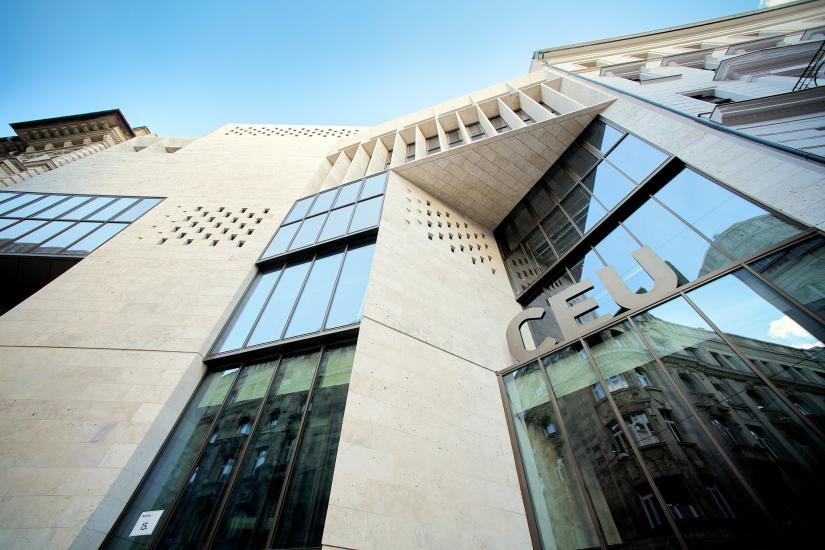
Abstract
North Korea is still a closed-off society. But, since the onset of humanitarian aid projects and programs in the mid-1990s, more information about the social, humanitarian, and economic situation in the country is now available.
This presentation is based on hand-on, frequently in-country experience and includes:
- How the North Korean humanitarian aid program began in 1995.
- The change from humanitarian aid to a program of more long-term interventions.
- The prerequisites for working in challenging environments; relationship building and mutual understanding.
- What major changes have come about.
- And, what are the best ways forward.
Whether, and how to engage North Korea is a question the international community continues to grapple with and the presentation aims to shed some insights into the everyday lives of the country’s citizens and reviews options for what can be done to help the North Korean people move forward, develop and grow.
Bio of the speaker
Katharina Zellweger is currently a Visiting Fellow at the Center for International Security and Cooperation at Stanford University. Prior to that she was the Pantech Fellow in Korean Studies at the Walter H. Shorenstein Asia-Pacific Research Center, in residence at Stanford University from November 2011 to August 2013. Most recently at Stanford she gave a course entitled “An Insight into North Korea Society” for graduate and undergraduate students. She is a frequent presenter on the topic of the situation of the North Korean people, to audiences in the U.S. and abroad. Zellweger has also made significant contributions in this field through her participation in workshops, seminars and conferences about humanitarian, as well as security, issues on the Korean peninsula, more specifically regarding North Korea.
Zellweger is a senior aid manager with over 30 years of field experience in Hong Kong, China and North Korea. She was based in Pyongyang for five years (2006-2011) as North Korea country director for the Swiss Agency for Development and Cooperation (SDC), an office of the Swiss Ministry of Foreign Affairs. The focus of her work was on sustainable agricultural production in order to address food security issues, income generation to improve people’s livelihoods, and capacity development contributing to individual and institutional learning.
Before joining SDC, Zellweger worked from 1978 to 2006 for the Catholic agency Caritas in Hong Kong in a senior post; she played a key role in pioneering Caritas involvement initiatives in China and in North Korea.
Zellweger received the Bishop Tji Hak-soon Justice and Peace Award in 2005 from a South Korean foundation established to promote social justice, and in 2006 the Dame of St. Gregory the Great from the Vatican for her work in North Korea.
Upon the invitation of The Korea Society of New York she organized a (still on-going) travelling exhibition of her collection of North Korean socialist posters.
Zellweger has a Master’s in International Administration, School for International Training in Brattleboro, Vermont.